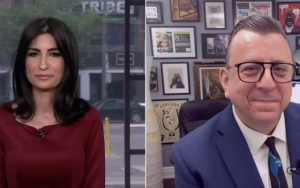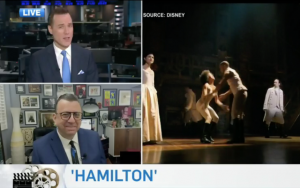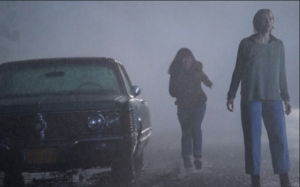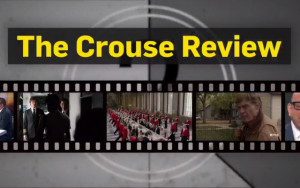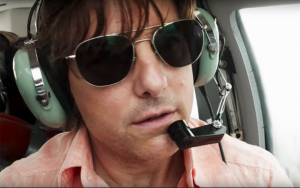The “war on drugs” is one of the longest battles in American history. In 1971 President Richard Nixon declared drug abuse “public enemy number one,” vowing combat against drug producers and dealers.
Forty years and many billions of dollars later the Global Commission on Drug Policy stated, “The global war on drugs has failed, with devastating consequences for individuals and societies around the world.”
Last year, writing in the New York Times, Mexican journalist José Luis Pardo Veiras echoed those sentiments. “Drugs continue to stream north to the United States, the great user, and firearms enter Mexico in return, where they kill thousands.”
The fight has been a failure for everyone except Hollywood, which has consistently mined the war on drugs for stories and colourful characters. This weekend Tom Cruise stars in the latest tale from the war on drugs, American Made, the real-life story of Barry Seal, adrenaline junkie and TWA pilot.
The story begins with Seal being hired by the CIA to take reconnaissance photos of Soviet-backed insurgents in South America. His life quickly spirals out of control as he becomes a courier between the CIA and Panamanian CIA informant General Manuel Noriega while also working as a cocaine smuggler for the Medellin Cartel.
Drug cartel stories are tailor made for the movies. Populated by bigger-than-life characters like the wealthiest criminal in history, the so-called “The King of Cocaine,” Pablo Escobar, the stories have it all: glamour, drama, moral ambiguity and the primal clash of good and evil. Here are three films with three very different approaches to the war on drugs.
One critic described Sicario as a “French Connection for the drug-fuelled Mexico-US border war.” Starring Emily Blunt, Benicio del Toro and Josh Brolin, it’s a drama about an idealistic FBI agent working with an elite task force to stem the flow of drugs between Mexico and the United States. It’s gritty and certainly not a feel-good movie about winning the war on drugs. Instead, it’s a powerful look at a seemingly unwinnable battle and the toll it takes on its soldiers.
Savages is an over-the-top Oliver Stone movie that sees Aaron Johnson and Taylor Kitsch as drug dealers and two thirds of a love triangle with a California cutie played by Blake Lively. Their product, a potent strain of legal medical-grade marijuana, earns the attention of a Mexican Baja drug Cartel boss (Salma Hayek) who’ll do anything to create a “joint” venture, including kidnapping and murder.
Savages, at its black-hearted best, is a preposterous popcorn movie that sees Stone leave behind the restraint of movies like W and World Trade Center and kick into full bore, unhinged Natural Born Killers mode. It’s a wild, down ’n dirty look into the business of drugs and revenge.
Smaller in scale is End of Watch. Jake Gyllenhaal and Michael Peña play patrol cops in Los Angeles’s tough South Central neighbourhood. A routine traffic stop turns into something bigger when they confiscate money and guns from a cartel member. “Be careful,” they’re warned by a senior officer, “You just tugged on the tail of a snake that’s going to turn around and bite you.”
These movies and others, like Code of the West and The House I Live In, prove the winners of the war on drugs are filmmakers.
 Richard speaks to “CTV News at Six” anchor Andria Case about television and movies to watch this weekend, including the screen adaptation of “Hamilton,” the semi-biographical “Shirley,” starring Elisabeth Moss and “American Woman,” a new take on the kidnapping of Patricia Hearst.
Richard speaks to “CTV News at Six” anchor Andria Case about television and movies to watch this weekend, including the screen adaptation of “Hamilton,” the semi-biographical “Shirley,” starring Elisabeth Moss and “American Woman,” a new take on the kidnapping of Patricia Hearst.